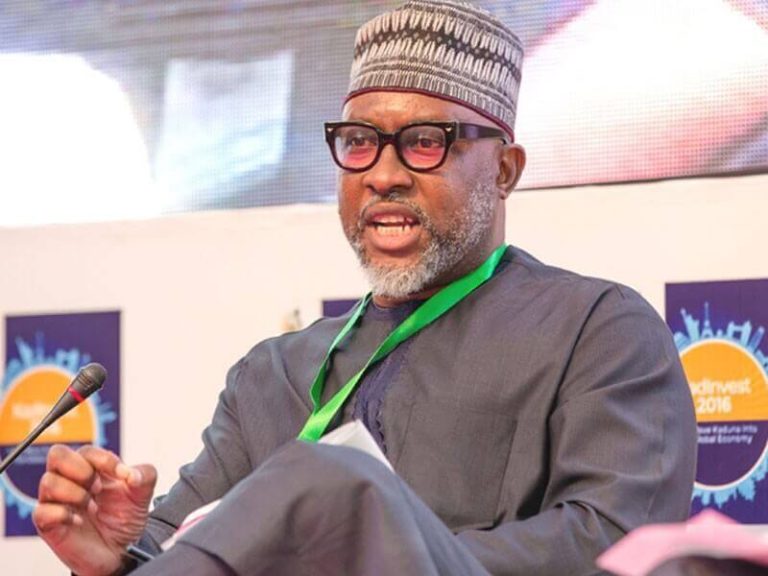Ade Adefeko, Director of Corporate and Regulatory Affairs at Olam Agric, emphasizes that while food is available in Nigeria, it is not affordable, attributing high prices to cyclical production and harvest patterns.
In an interview with ARISE News on Wednesday, Adefeko provided insights into Nigeria’s agricultural landscape following President Bola Tinubu’s speech on the nation’s 64th Independence anniversary. He expressed cautious optimism, stating, “I’m positive about the current state of agriculture. Previously, we faced issues with availability and affordability. Now, while we have a positive availability of food, the affordability remains a challenge, making it difficult for people to access what is available.”
He noted the fluctuations in food prices and referenced the president’s remarks: “President Tinubu mentioned in his speech that food prices have come down. However, we’re still facing high food costs, largely due to cyclical production and harvests, which is why we’re seeing some prices decline.”
Adefeko emphasized the need for a systematic approach to agriculture, saying, “We must be very deliberate in how we engage with the agricultural sector. The overall sentiment from the speech is encouraging, but we need to transform hope into tangible outcomes.”
Acknowledging improvements in the security situation, he remarked, “To be fair to this administration, there has been significant progress in security. While we’re not entirely there yet, I would rate the improvement around 6 or 7 out of 10, considering how dire the situation was before.”
He highlighted the connection between food security and national security, stating, “It’s essential to understand the link between food security and national security. These two areas are deeply intertwined. Addressing this connection can lead to better agricultural yields.”
Adefeko also discussed the cyclical nature of Nigerian agriculture: “Our agricultural sector operates on a largely cyclical basis, typically having just one harvest cycle rather than multiple. Currently, we are experiencing a surplus in the harvest of crops like tomatoes and yams, which is contributing to a slight decrease in food inflation.”
He called for a more holistic approach to agriculture, stating, “We need to be comprehensive in our strategies rather than fragmented.”
Regarding the government’s role, he suggested, “The government should refrain from directly purchasing and procuring agricultural machinery; that responsibility should lie with the private sector. Nigeria’s mechanization rate is among the lowest in Africa and the global south.”
Instead of providing tractors directly, he proposed that “the government should support organized private sector initiatives and cooperatives to enhance agricultural mechanization.”
Adefeko stressed the importance of government policy, saying, “While the government should not be directly involved in agriculture, it must create a supportive policy framework that promotes food production. Regular engagement with private sector players through quarterly meetings is essential to understanding and addressing the challenges faced.”


